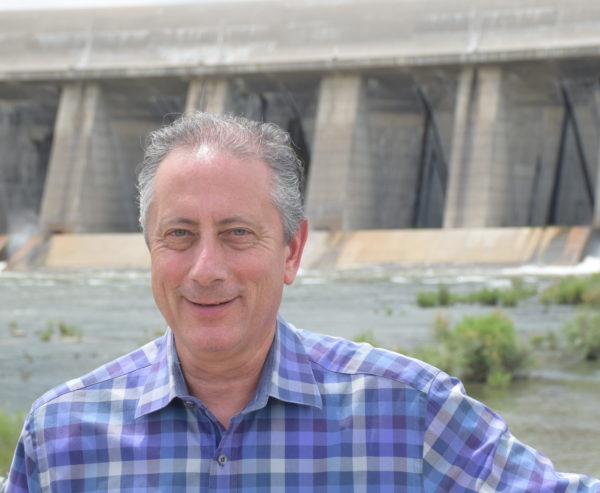Water Conservation
 Among the greatest challenges that Colorado faces, is the impending need to use water more efficiently. Our state's population is projected to grow by roughly 4 million people in the next 20-25 years, and the decisions we make today will have impacts spanning generations. Colorado's next Governor must have the leadership, foresight, and ability to turn great plans into action to secure Colorado's water future - I believe I am that Governor.
Among the greatest challenges that Colorado faces, is the impending need to use water more efficiently. Our state's population is projected to grow by roughly 4 million people in the next 20-25 years, and the decisions we make today will have impacts spanning generations. Colorado's next Governor must have the leadership, foresight, and ability to turn great plans into action to secure Colorado's water future - I believe I am that Governor.
In 2015 Governor Hickenlooper created the Colorado Water Plan, an extremely thorough plan that outlines what steps Colorado must take to ensure we have the water necessary to sustain life in urban and rural Colorado for decades to come.
The Colorado Water Plan was an “Everything including the Kitchen Sink” type of document that includes plans to secure water for Colorado over the next 30 years. Unfortunately, it did not include a way for us to pay for the sink. Some of the projects and policies that I would support as Governor will require funding from the state, and while our state budget is tight today, we dedicate only a fraction of a percent to water projects. I believe the state can play a larger role in helping water utilities and individual communities finance large-scale water projects (storage, repairing large water infrastructure projects in disrepair, etc.) but perhaps more significant are the projects that the state can help implement within communities and on a statewide level. There are five primary policies that will unlock enormous water savings for Colorado - many of these recommendations are directly from the Colorado Water Plan.
Colorado should invest in water storage infrastructure to ensure in years of heavy precipitation, we can preserve water for years of drought.
In Colorado, we lack a statewide vision that assesses how to strategically balance growth and development across our state to better utilize our resources. Among the most important of these resources is water. Colorado needs a statewide vision that helps communities plan their infrastructure, economic development, transportation systems, land development, and water use to ensure that growth and conservation are not mutually exclusive. Today, we don’t have a holistic statewide plan for development, and I don’t believe that is acceptable. Rather than let growth roll over our state, I believe the state should help communities actively define how their growth will interact with the surrounding environment and natural resources through strategic planning and thoughtful decision-making.
One of the Colorado Water Plan’s primary recommendations was the use of Alternative Transfer Methods, or methods other than diversion projects to get more water from the western slope to the front range. Many of these methods are as simple as creating water banks, or alternative programs that facilitate water leases that could allow water rights owners to lease their water to urban areas without having to forfeit their water rights. As Governor, I will push the state to expand these programs by creating awareness, building a statewide online platform for buyers and sellers of water to do business, and to continue utilizing new alternative transfer methods that allow water rights owners, and our urban centers to partner, and create a solution that works for everyone.
We must utilize innovative technology to use water more efficiently in our urban centers. For example, Cloud-based irrigation systems track live weather patterns, humidity, rainfall, etc.. so our homes can use less water, and enjoy the same results. Technologies like these can reduce water usage by 30%. As our urban centers grow, Colorado can develop policies that ensure new developments, and existing homes have increased opportunities to adopt these technologies. As governor, my policy and tone in the capital will be supportive of these changes.
Colorado must do more to explore the potential for water reuse. Water used in our homes may not be suitable to drink, but in many cases, it can be suitable for agricultural use. I believe the state can do more to work with our farming communities and local water utilities to maximize the life of water while it is in our state.
